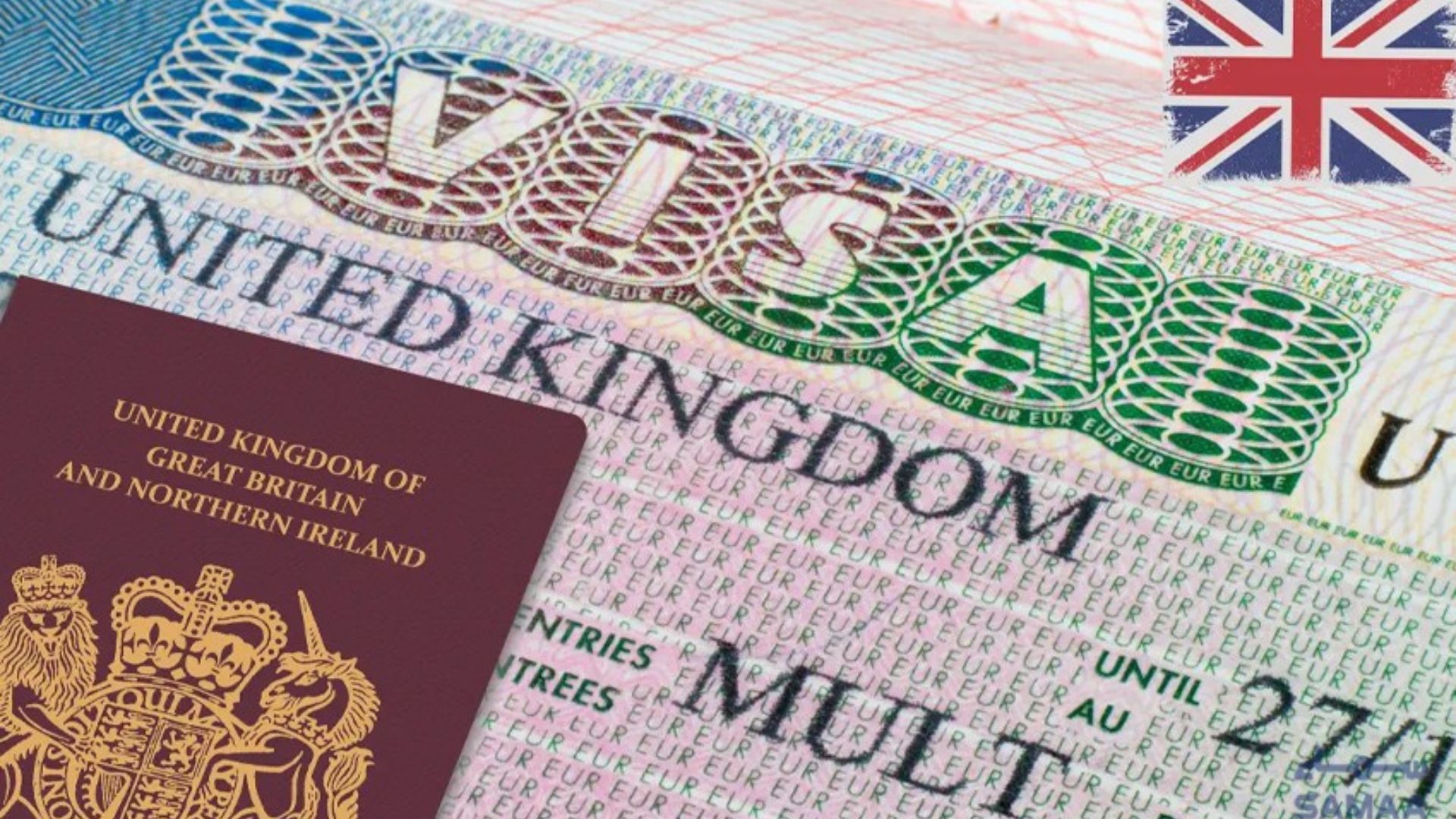
An Alternative to UK’s Skilled Worker Visa Route
Non-EU citizens’ demand for work visas far surpassed its pre-pandemic levels following the introduction of the post-Brexit immigration system. For example, in 2023, 312,600 work visas were granted to non-EU citizen main applicants (excluding frontier workers), compared to 137,000 in 2019 (Figure 4). Almost all of the growth in overall work visa grants took place between 2022 and 2023, although different visa routes have seen different trends in recent years.
The Skilled Worker route, the largest single work visa category, saw the most growth—almost 200,000 visas were granted (to main applicants) in 2023, more than three times the number granted in 2021. In the first half of 2024, these figures fell sharply, driven by a reduction in Health and Care visa grants (Health and Care visas are a category of Skilled Worker visa and included in overall figures).
Up until 2021 the number of Skilled Worker visas issued to non-EU workers remained stable at around 20,000 to 30,000 a year. Since then, they have risen dramatically. In the year ending December 2023, 200,000 Skilled Worker visas were issued to non-EU workers. However, that figure dropped to 175,000 in the year ending March 2024 and has continued to decline. Much of this growth was driven by the increase in work visas for medium skilled jobs in the health and care sectors.
After the health sector, the industries granted the highest number of Skilled Worker visas in the year ending March 2024 were professional services (6%), hospitality (5%) and IT (5%).
Overall, Indian citizens received more main applicant work visas than any other nationality (22%), primarily because of their high take-up of Skilled Worker visas—indeed, over a quarter of Skilled Worker visa grants were to Indians, both in the health sector and in all other industries. Indian workers made up 27% of all Health and Care worker visa holders and 26% of all Skilled Worker visa holders excluding Health and Care visas.
At A Y & J Solicitors we expect to see the numbers of Skilled Work visas issued continue to decline during 2024 and the share of visas going to different industries is also likely to change due to higher salary thresholds being introduced earlier this year. This measure is expected to affect lower-paying industries such as hospitality the most. And while increased salary thresholds do not apply to Health and Care visas, holders are no longer able to bring dependents with them, which makes this category less attractive.
Increased scrutiny on applications also makes it important for applicants to seek professional expertise when applying.
The Skilled Worker visa route is still a good option for highly skilled individuals but for those who now find themselves priced out of the UK labour market because of salary threshold rises, there is an option. Self Sponsorship is a method of legal migration to the UK which we pioneered and which over 100 people have already taken advantage of. It applies to people who genuinely want to set up their own British business, which they can legally do. When this is done they can then sponsor themselves for a Skilled Worker visa.
– YashDubal
Director and Senior Immigration Associate
A Y & J Solicitors, London, UK




Leave a Reply